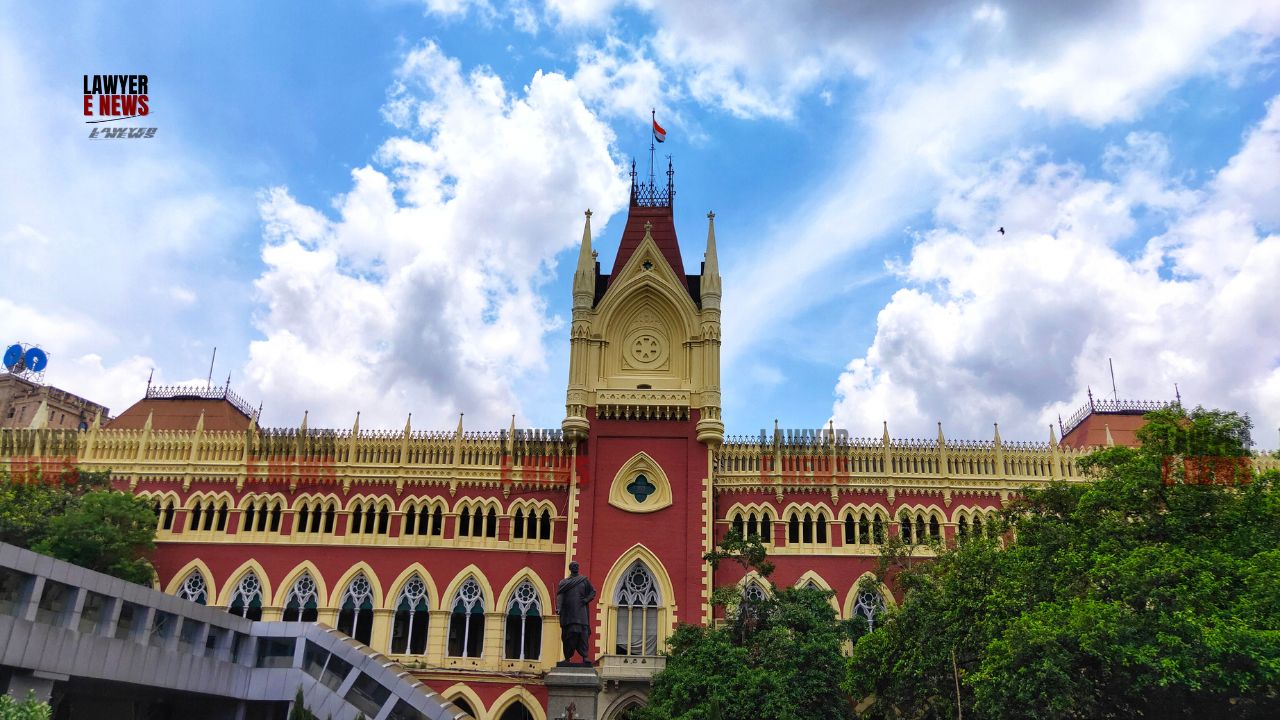-
by Admin
15 February 2026 5:35 AM



ITAT’s decision upheld, emphasizing the genuineness of proposed activities under Section 12AA of the Income Tax Act. The High Court at Calcutta has upheld the Income Tax Appellate Tribunal’s (ITAT) decision to set aside the cancellation of registration for the Harnarayan Rajdulari Devi Taparia Charitable Trust under Section 12AA of the Income Tax Act, 1961. The judgment, delivered by Justices Surya Prakash Kesarwani and Ajay Kumar Gupta, emphasizes that non-commencement of activities cannot be a sole ground for refusal of registration if the trust’s objectives are genuine and charitable in nature.
The case pertains to the Harnarayan Rajdulari Devi Taparia Charitable Trust, established on April 29, 2016. The trust applied for registration under Section 12AA and Section 80G of the Income Tax Act on November 17, 2016. The Commissioner of Income Tax (Exemption), Kolkata, denied the registration on the grounds that the trust had not yet commenced its activities. The ITAT overturned this decision, prompting the Commissioner of Income Tax (Exemption) to appeal to the High Court.
The High Court focused on the procedural aspects of granting registration under Section 12AA. “The Principal Commissioner or Commissioner must assess the genuineness of the trust’s objects and proposed activities,” the bench noted. The court reiterated that the absence of commenced activities should not impede registration if the trust’s objectives align with charitable purposes.
Citing several precedents, including Ananda Social and Educational Trust vs. CIT and Director of Income Tax vs. Foundation of Ophthalmic & Optometry Research Education Centre, the court upheld the principle that registration can be based on proposed activities. “The law governing registration under Section 12AA mandates the verification of the trust’s objectives and proposed activities, not necessarily the commencement of such activities,” the judgment stated.
Justice Surya Prakash Kesarwani remarked, “The application for registration under Section 12AA cannot be refused solely on the ground that such trust or institution has not yet started its activities.”
The High Court’s dismissal of the revenue’s appeal underscores the judiciary’s stance on the registration of charitable trusts. By affirming the ITAT’s order, the judgment clarifies that the genuineness of a trust’s objectives and proposed activities should be the focal points during the registration process. This decision is anticipated to have significant implications for future cases, reinforcing the legal framework supporting charitable objectives and activities.
Date of Decision: 1st July, 2024
